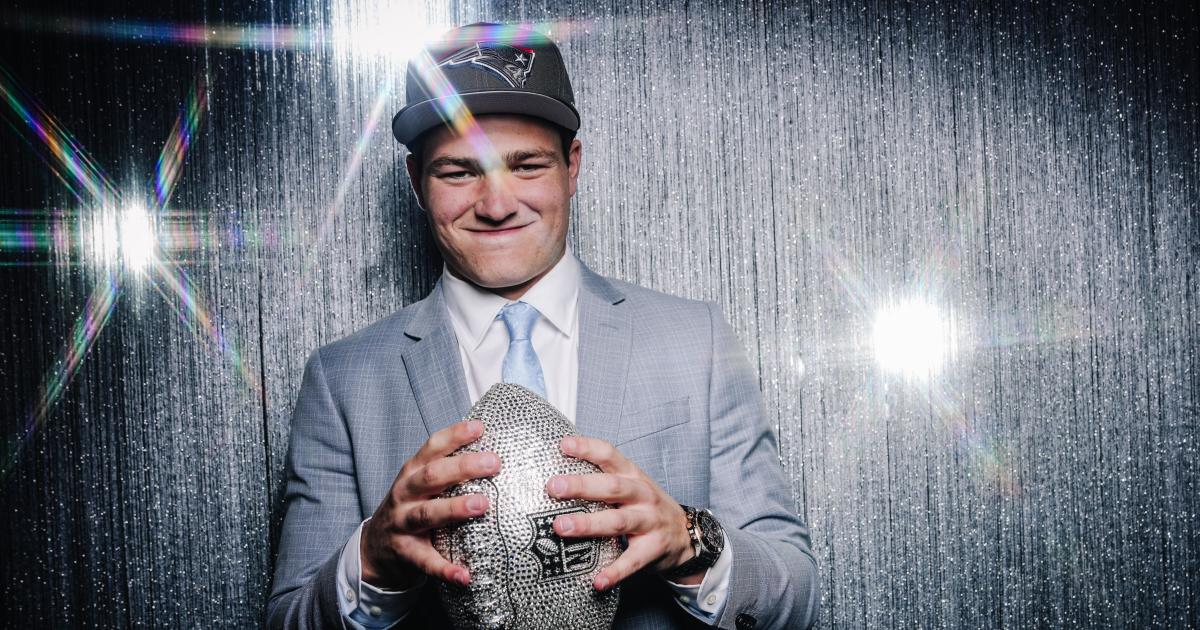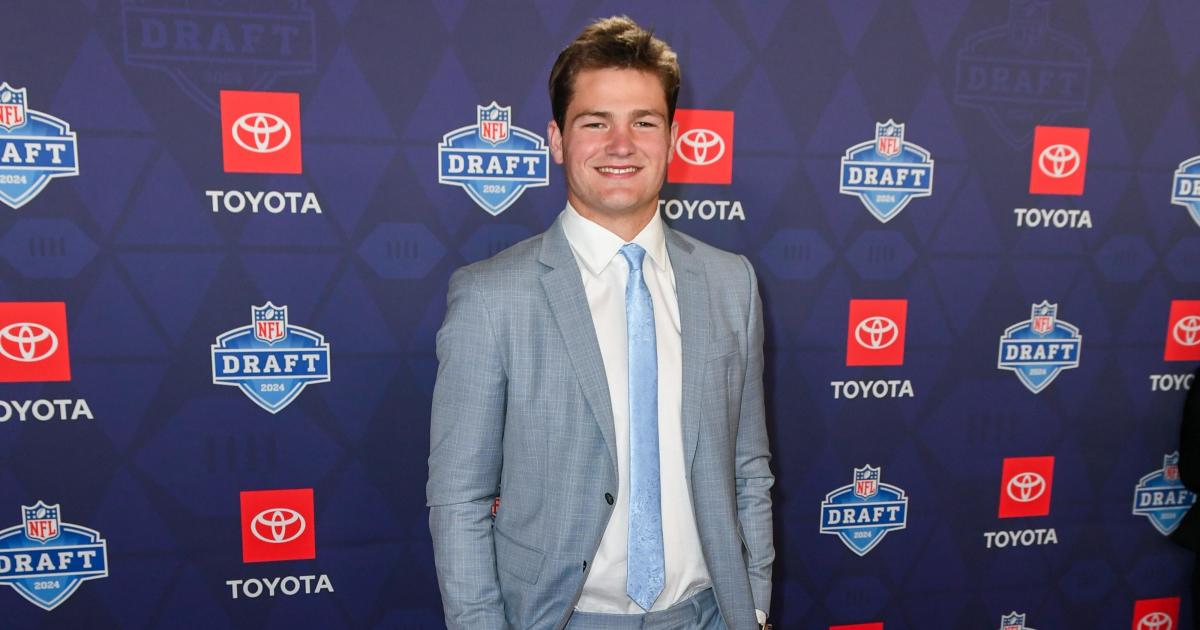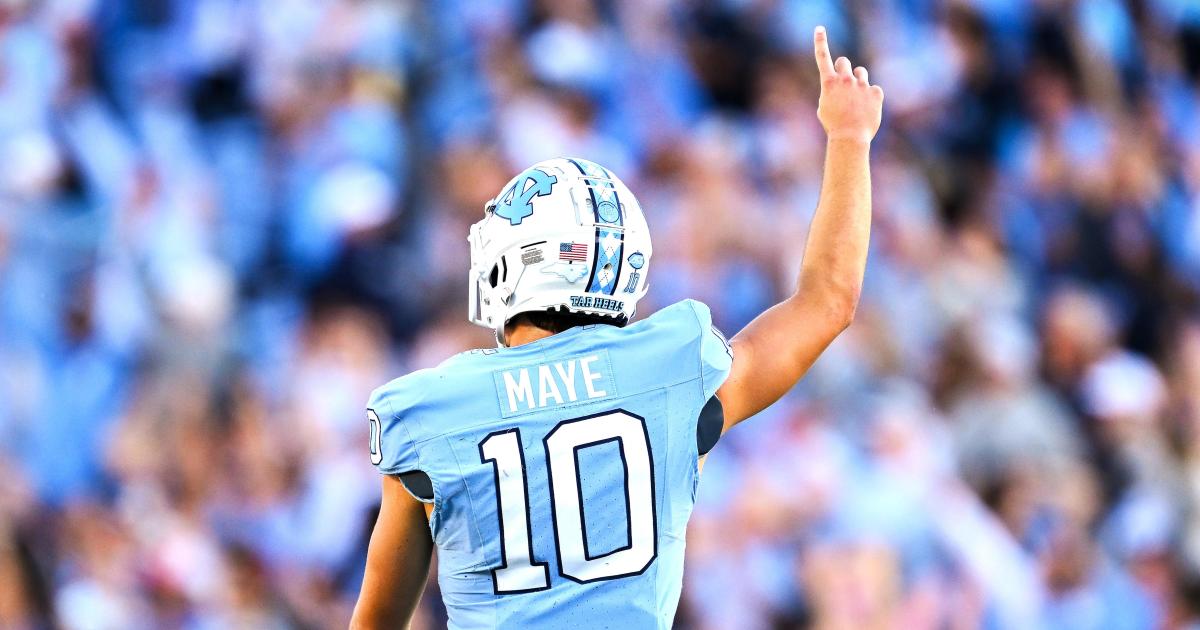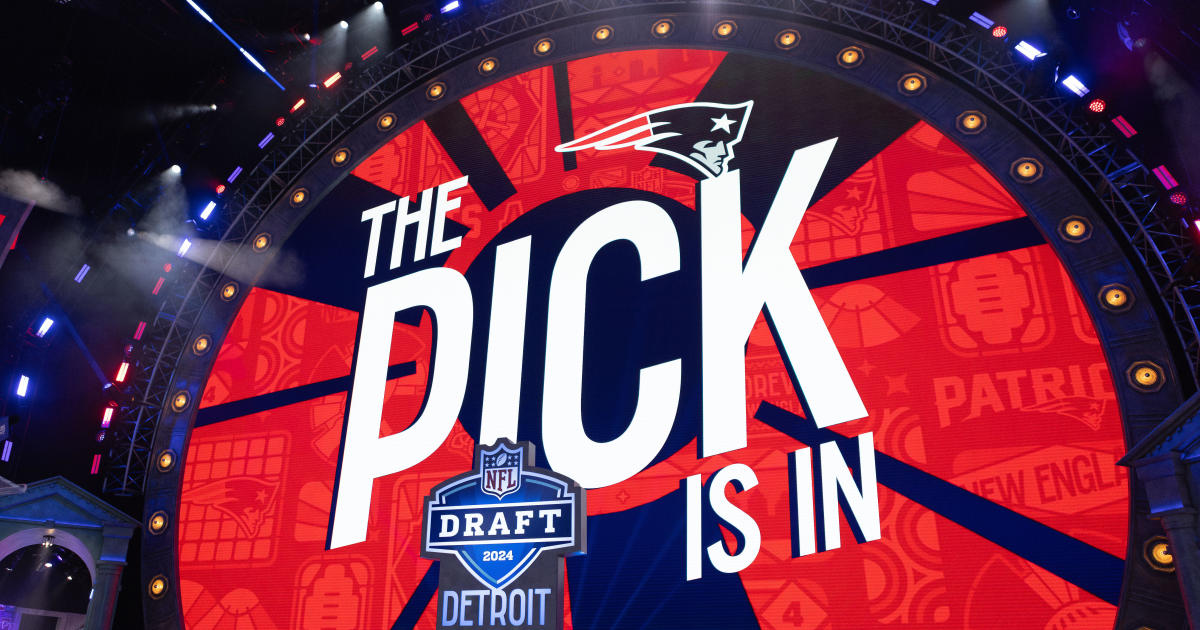In Cases Of Domestic Violence, Are We Expecting Too Much From The NFL?
BOSTON (CBS) -- The outrageous cases of NFL players misbehaving continue to come in fast and furiously, with new ones popping up just about every single day. In that regard, it's been one of the most hectic two-week stretches in NFL history, from Ray Rice to Greg Hardy to Ray McDonald to Adrian Peterson, the stories are not going away.
These instances of domestic abuse are, of course, worthy of causing outrage in anyone paying attention, and thus far, most of that anger has been directed at commissioner Roger Goodell and NFL owners.
But might that rage be slightly misdirected?
To be clear, there's no way to justify the tepid inaction from Goodell and the owners, who have made decisions that range from slaps on the wrist to pats on the butt to the offending parties. Ray Rice damn near got away with knocking out his wife in an elevator, and if it weren't for TMZ releasing a tape that the NFL saw last spring, he'd be suiting up to play for the Ravens this week. Ray McDonald, meanwhile, has played in the first two games for the 49ers, despite the team's self-described "zero-tolerance policy" on domestic violence. Greg Hardy was deactivated Sunday, but Jerry Richardson's emotional breakdown only came after he allowed Hardy to play in Week 1, a month and a half after being convicted of assaulting his ex-girlfriend. And then there's Adrian Peterson, who was held out of Sunday's game by the Vikings after he was indicted for reckless or negligent injuries to his child. But after the Vikings got beaten soundly at home, the team reinstated Peterson, under the guise of waiting for "due process" to run its course.
And that is where the problem lies. For as long as due process continues to allow violent criminals to walk free, the big-money corporation which profits off those criminals is going to be put into the uncomfortable position of deciding whether it has to be more stringent and more strict than the United States' justice system.
Consider the Rice case. In New Jersey, where the assault took place, first-time offenders don't ever go to prison.
From The New York Times: "In the criminal justice system, however, many of those who routinely handle domestic violence cases say the episode is simply a highly public example of a well-known fact: Violent domestic assaults rarely lead to jail time or serious legal consequences, especially when they involve offenders like Rice, who had no prior record. ... Despite decades of increased public attention on domestic violence, many first-time assault cases are still handled as noncriminal matters across the country, legal experts say. Even in New Jersey, one of the states with the most stringent laws and court rules, offenders often walk away with little more than court-ordered counseling in the small percentage of cases that are elevated to involve felony charges, as Rice's case was."
Read that again: New Jersey has some of "the most stringent laws and court rules," yet men who knock their wives unconscious and drag them out of elevators are not required to spend any time in prison. The court system essentially tells offenders, "What you did was wrong and illegal, but eh, we'll get you next time. Maybe."
So the justice system says that Rice should not face any punishment, yet we expect a football league to come down with a hammer of discipline? Why?
Now look at the Greg Hardy case. A North Carolina judge found Hardy guilty of misdemeanor charges for beating his ex-girlfriend, throwing her into a bathtub, threatening her life and throwing her onto a couch covered in rifles and shotguns, among other things. The judge ruled, "the court is entirely convinced Hardy is guilty of assault on a female and communicating threats." But in North Carolina, citizens are afforded the right to appeal the judge's ruling, and Hardy did just that. He'll face a jury trial in November. Until then, he's a free man. Due process will wait.
Unlike with Rice, there is no video footage in the Hardy case. But there is this, and it is just as difficult to see.
Out in San Francisco, Ray McDonald hasn't been convicted of anything. He was arrested on Aug. 31 on suspicion of felony domestic violence, after his pregnant fiancee showed bruises on her body to police. The investigation is ongoing, and McDonald's side of the story was convincing enough for the 49ers to allow him to play in the meantime. After all, there are football games to win, right?
And lastly, there's Adrian Peterson. The Minnesota Vikings acted swiftly over the weekend by deactivating Peterson just hours after the news broke of the child abuse. The team appeared to be taking it seriously ... for about 48 hours. Then, it welcomed Peterson back to work with open arms. Hours after Peterson was reinstated, news broke of another case of Peterson allegedly hitting another of his children, this time leaving a scar on the 4-year-old boy's head. That case, however, is not active. Peterson was cleared and faced no charges, despite admitting via text message to the boy's mother that he administered a "whooping" in the car, causing the 4-year-old boy to hit his own head on the car seat.
"I felt so bad," Peterson texted the mother. "But he did it his self."
Each and every one of these cases has invoked differing levels of outrage and debate, but there is one common theme.
Baltimore Ravens initial statement on Ray Rice: "This is part of the due process for Ray. We know there is more to Ray Rice than this one incident."
Carolina Panthers initial statement on Greg Hardy: "We have just learned of the verdict and are respectful of the process."
Panthers head coach Ron Rivera on Hardy: "I can't [comment] just because it's in the process. ... For now, we're just going to continue with the process."
49ers head coach Jim Harbaugh on Ray McDonald: "Our response would be, we have two principles at play here, and one is respect for due process, and we're not going to flinch based on public speculation. ... I trust the process. The reason I'm not answering is I'm not inserting myself into the process, one way or the other. I think that's the right thing to do, respect the legal process, respect the due process. The authorities are at work."
Vikings GM Rick Spielman, upon reinstating Peterson: "The photos are disturbing, I understand that. But to be clear, any matter that's involving the child is very important to our organization, but we also think it is right for him to go through the process legally."
In all four cases, the men in charge with making the decisions have all leaned on the criminal justice system to guide them. While you can criticize the NFL's decisions in the handling of the charges, you can't argue that all they are doing is following the lead of the courts. That is to say ... in the short term they're essentially doing nothing.
That is the point where many of us would hope that common decency and common sense, both of which appear to be sorely lacking in the NFL, would come into play. It would not be unjust for a team to say, "You know what, you may be guilty, you may be innocent, but at the very least you got yourself caught up in a situation that ended with you in handcuffs following a domestic dispute. For right now, you need to take some time away from this violent game to seek some counseling and get your head right."
Morally, there's no doubt that the teams' fearful hesitance to act is reprehensible, and a course of action that would boldly err on the side of women's and children's safety would be much braver than whatever this current facade can be called. But corporations aren't run on morality, and what private businesses do is up to them and them alone. Corporations exist to make money -- even this little non-profit football league -- and until that bottom line gets threatened, it's thoroughly unlikely that they would make a change.
In the meanwhile, media voices have made themselves out to look great by pontificating on the obvious. Hitting women is bad. Hitting children is bad. These things are obvious. Some voices, like Charles Barkley's, have muddied the discussion, to the point where columns are written, sports talk radio soliloquies are spoken, and the never-ending "hot take" cycle of the 24/7 sports world churns the debate as if we're trying to figure out if Phil Jackson is the best NBA coach of all time or if Peyton Manning is better than Tom Brady. We revert back to the sports debate format, and we assess the situation through a sports prism. "NFL Player did something wrong. NFL Player should be suspended X number of NFL games." And what good would that do? Would it make the women and children around these people any safer? Would it prevent them from continuing their highly profitable careers after the brief respite? Of course not. There's no NFL suspension that could possibly remedy any of these situations, and for as much as he's painted himself as a liar, it's downright foolish to paint Goodell as the bad guy.
As long as the criminal justice system is going to provide these owners and the commissioner with an out, you can bet your bottom dollar they're going to take it, and for as long as "due process" can serve as an indefinite safety blanket for anyone looking to justify actions, it will be uttered with the same frequency it's been blurted in the past few months.
And anyone who hears it will, rightfully, be upset.
Perhaps it's time to direct some of that rage toward the way these cases are treated by the courts in our country. That is, of course, a much more complex route than arguing for a suspension of a certain number of meaningless football games, but it may be the only way to enact real change.
Read more from Michael Hurley by clicking here, or find him on Twitter @michaelFhurley.



